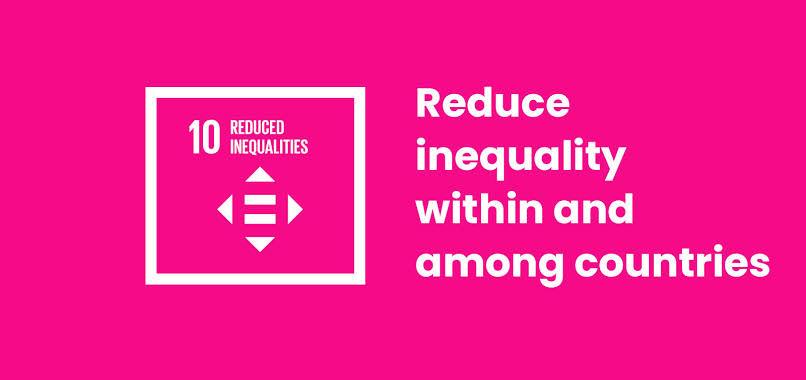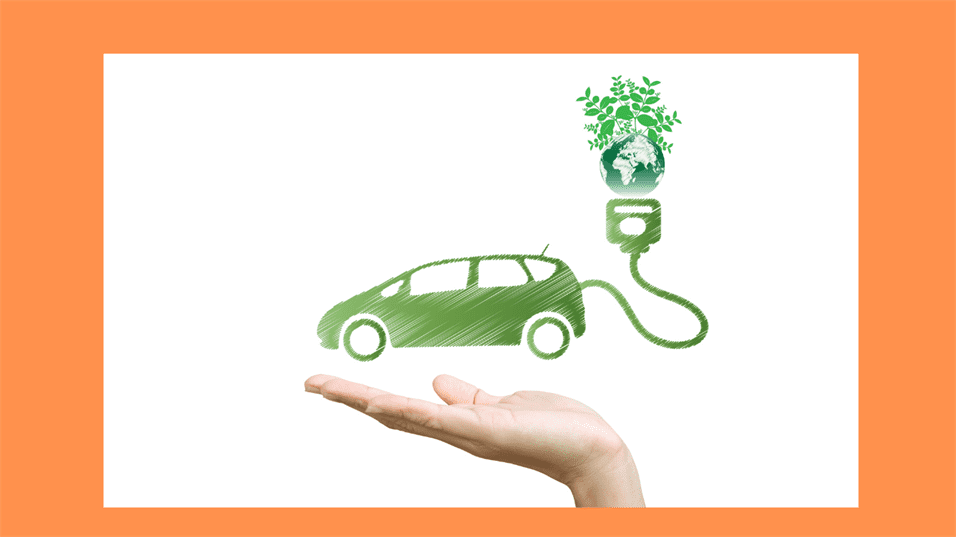The United Nations Sustainable Development Goals (SDGs) are a set of 17 global goals that were adopted by member states in 2015. The goal of the SDGs is to end poverty, protect the planet, and ensure that all people have the opportunity to live healthy, prosperous life. SDG 10, in particular, focuses on reducing inequality based on income, sex, age, disability, sexual orientation, race, class, ethnicity, and religion and promoting inclusive and sustainable economic, social and environmental growth but mainly economical growth.
Income inequality is a significant issue that affects people all around the world. It refers to the gap between the richest and poorest members of society, and it can have a number of negative consequences. For one, it can lead to social unrest and conflict, as those who are struggling to get by may feel that they are being left behind. In addition, income inequality can have a negative impact on economic growth, as it can lead to a lack of social mobility and a lack of access to education and other opportunities.
There are a number of ways that the United Nations is working to reduce income inequality and promote inclusive and sustainable economic growth through SDG 10. One of the main ways is by promoting policies that support small and medium-sized enterprises (SMEs). SMEs are important because they provide jobs and contribute to economic growth, but they can often be overlooked by larger, more established businesses. By supporting SMEs, the United Nations is helping to create more opportunities for people to earn a living and lift themselves out of poverty.
Another way that the United Nations is working to reduce income inequality through SDG 10 is by promoting financial inclusion. Financial inclusion refers to the idea that everyone should have access to financial services, such as bank accounts and credit, regardless of their income or social status. By promoting financial inclusion, the United Nations is helping to ensure that more people have the tools they need to participate in the economy and build a better future for themselves and their families.
In addition to these efforts, the United Nations is also working to reduce income inequality through SDG 10 by promoting trade and investment. By encouraging countries to engage in international trade and investment, the United Nations is helping to create more economic opportunities for people around the world. This, in turn, can help to reduce income inequality and promote sustainable economic growth.
One of the main challenges in achieving SDG 10 is that income inequality is a complex issue that is affected by a wide range of factors. For example, income inequality can be influenced by education levels, access to healthcare, and even cultural values. As a result, addressing income inequality requires a multi-faceted approach that involves addressing these underlying issues and more immediate concerns.
Also, The COVID-19 pandemic has had a significant impact on the progress of the Sustainable Development Goal (SDG) 10, which aims to reduce inequality within and among countries. The pandemic has disproportionately affected marginalized and disadvantaged communities, exacerbating existing inequalities and leading to further economic, social, and political disparities.
Despite these challenges, the United Nations is making progress in reducing income inequality and promoting inclusive and sustainable economic growth through SDG 10. For example, the number of people living in extreme poverty has decreased significantly in recent years, and the global economy has been growing consistently. However, there is still more work to be done to ensure that everyone has the opportunity to participate in the global economy and build a better future for themselves and their families.
What Can I Do to Help the Goal:
There are many ways that individuals can contribute to the achievement of SDG 10, which aims to reduce income inequality and promote inclusive and sustainable economic growth. Some of the ways that individuals can get involved include:
- Educate yourself about income inequality and how it affects people in your community and around the world. Understanding the issues can help you to better advocate for change.
- Support local businesses and organizations that are working to promote economic growth and opportunity in your community. This could include shopping at small, locally-owned businesses, investing in social enterprises, or volunteering your time and skills to support organizations that are working to create economic opportunities for disadvantaged groups.
- Use your consumer power to support companies that are committed to responsible and sustainable practices. By choosing to support companies that are socially and environmentally responsible, you can help to create demand for more sustainable and equitable business practices.
- Advocate for policies that promote economic growth and reduce income inequality. This could include supporting initiatives that promote financial inclusion, such as microfinance programs, or advocating for policies that support small and medium-sized enterprises.
- Support organizations and charities that are working to reduce income inequality and promote economic opportunity. This could include donating money or time to organizations that are working to provide education, training, and job opportunities to disadvantaged groups.
In conclusion, SDG 10 is a crucial goal that is aimed at reducing income inequality and promoting inclusive and sustainable economic growth. By supporting small and medium-sized enterprises, promoting financial inclusion, and encouraging trade and investment, the United Nations is working to create more opportunities for people around the world to earn a living and lift themselves out of poverty. While there are many challenges ahead, the progress that has been made so far is encouraging and shows that it is possible to create a more equal and prosperous world for all.




 Each title in our collection is more than just a book - it’s a ‘green gift’, promoting mindful reading, sustainable values, and a culture of eco-conscious living. By gifting books, you open doors to new ideas, support lifelong learning, and nurture a more informed, compassionate, and environmentally aware individual.
Each title in our collection is more than just a book - it’s a ‘green gift’, promoting mindful reading, sustainable values, and a culture of eco-conscious living. By gifting books, you open doors to new ideas, support lifelong learning, and nurture a more informed, compassionate, and environmentally aware individual.